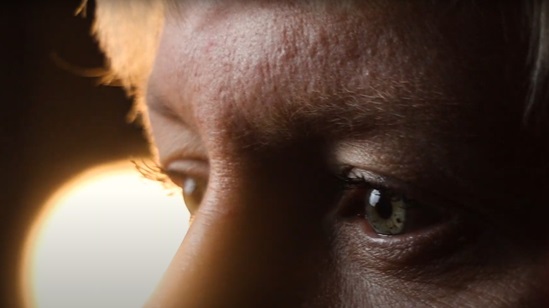Supporting countries in addressing gender inequalities
WHO/Europe assists countries in addressing the inequalities and disadvantages that women or men experience as consumers or producers of health care through such means as:
- capacity building and training
- gender-specific projects and interventions
- developing and adapting tools and guidelines
- integrating gender analysis into information systems
- disseminating evidence and data
- exchanging experience and case studies.
WHO country offices give direct support to Member States, and a number of countries have biennial collaborative agreements with WHO/Europe to address gender and health. One of the key areas of work is attainment of the Millennium Development Goals.









